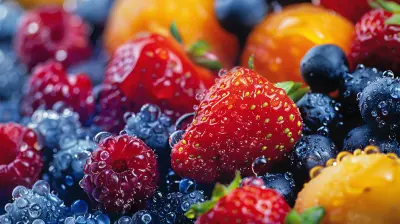The Ultimate Guide to Prebiotics and Probiotics for a Happy Gut
28 June 2025
Let's be honest—the health of our gut plays a bigger role in our everyday life than most of us realize. Feeling sluggish, bloated, or just off for no apparent reason? Your gut might be crying out for help. That’s where prebiotics and probiotics swoop in like your digestive system's dynamic duo.
This guide breaks down everything you need to know about prebiotics and probiotics in a way that actually makes sense. No confusing medical lingo—just real talk, so you can start showing your gut some love today.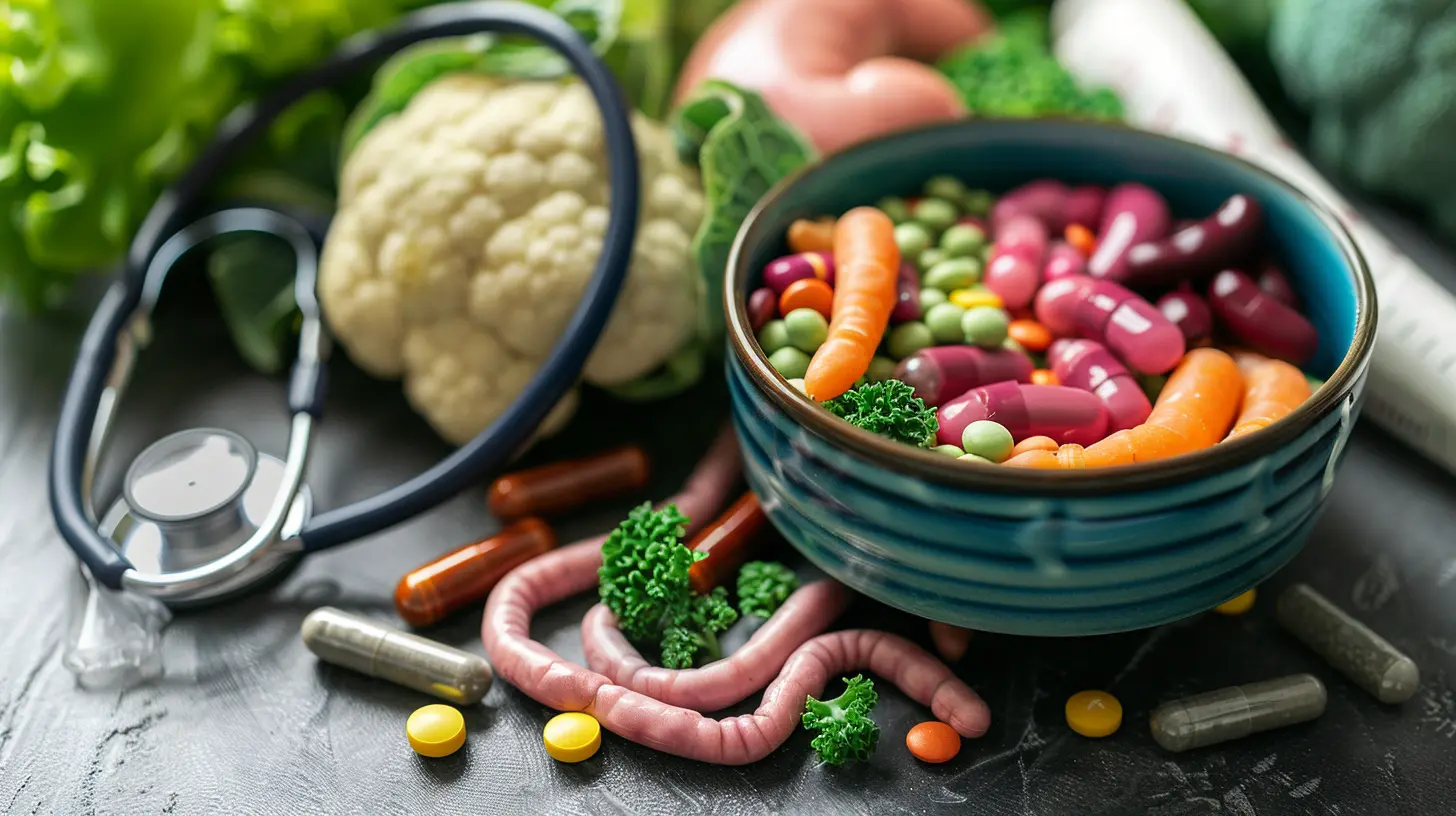
What Are Prebiotics and Probiotics Anyway?
Let’s keep it simple:- Probiotics are live bacteria that are good for your gut—think of them as friendly guests that help you digest food and keep things running smoothly.
- Prebiotics are the food that those good bacteria love to snack on. They're typically fibers your body can’t digest but your gut bacteria can.
So, probiotics are the workers, and prebiotics are their lunch. If you’re feeding the good guys the right food, they’ll stick around to keep your system happy.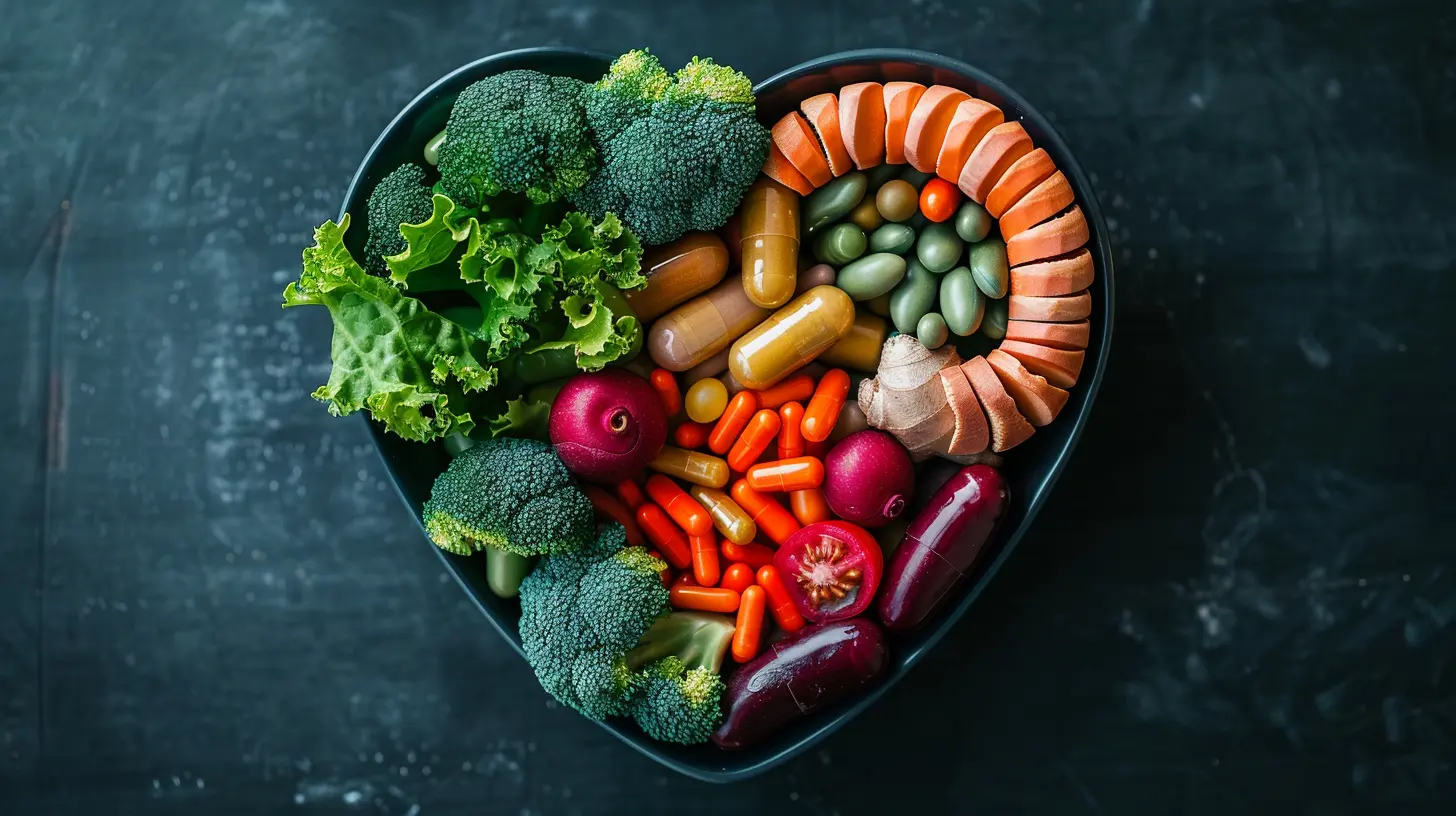
Why Your Gut Health Actually Matters
You might be wondering, “Okay cool, but why should I care so much about gut bacteria?”Well, get this—your gut is like the control center for way more than digestion. It connects to:
- Your immune system
- Hormones
- Mental health (hello, brain-gut connection!)
- Skin clarity
- Weight regulation
- Energy levels
A healthy gut = a happier, more balanced you.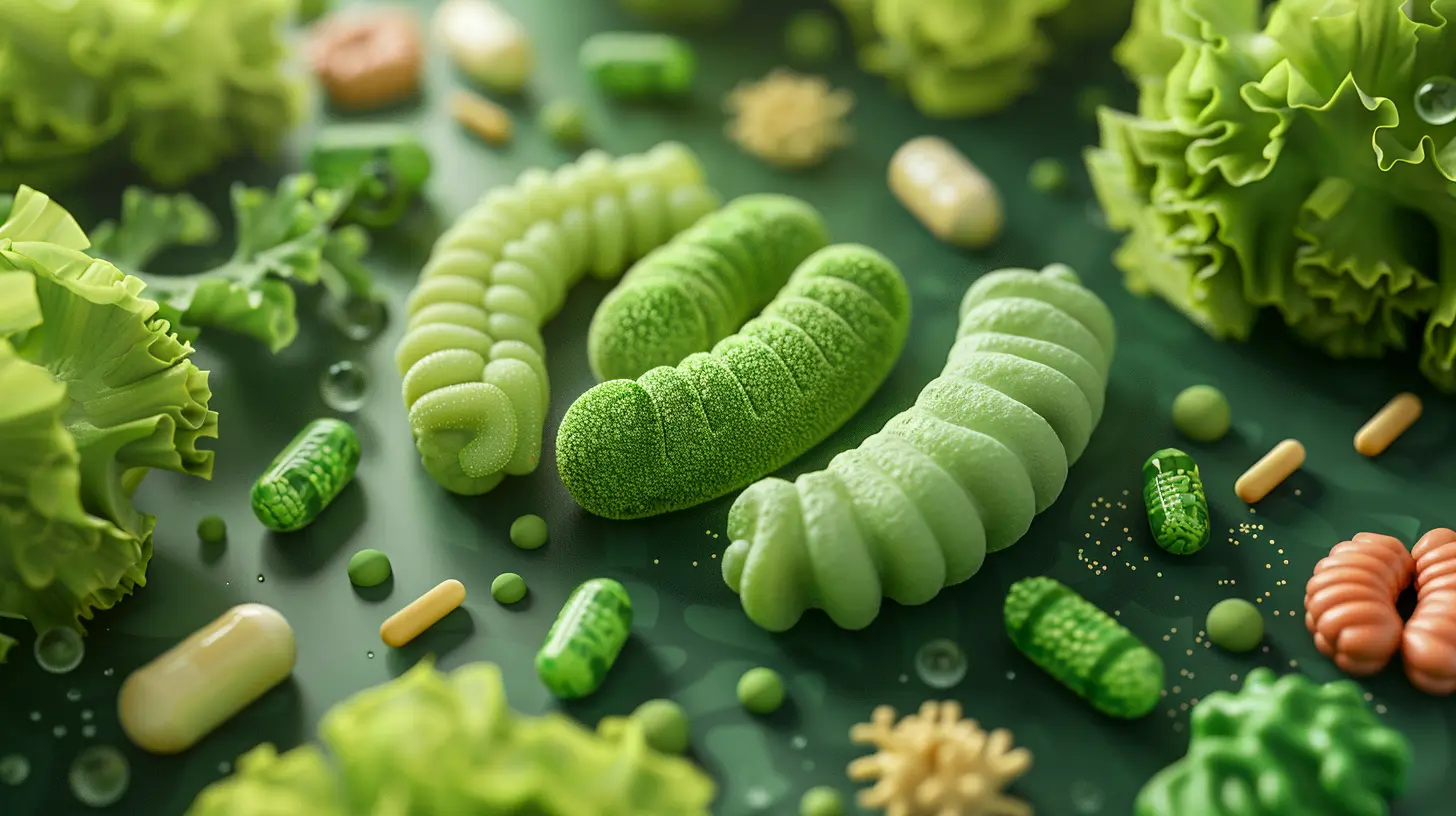
Probiotics: The Gut’s MVPs
What Exactly Are They?
Probiotics are live microorganisms, mostly bacteria or yeast, that provide health benefits when you consume them in the right amounts. They naturally live in your body, but you can also get them from food or supplements.How Do They Work?
Imagine your gut like a garden. If weeds (bad bacteria) grow out of control, the garden gets messy. Probiotics are like the gardeners—trimming, rebalancing, and making sure the good stuff thrives.They help by:
- Fighting off bad bacteria
- Strengthening your intestinal walls
- Balancing pH levels in your gut
- Producing vitamins like B12 and K
Common Probiotic Strains
Not all probiotics are the same. Here are a few all-stars:- Lactobacillus: Great for lactose digestion and gut inflammation
- Bifidobacterium: Helps digest fiber and produces short-chain fatty acids
- Saccharomyces boulardii: A powerful yeast strain for warding off diarrhea and infections
Each strain has its own superpower. Choose the one that fits your gut’s needs.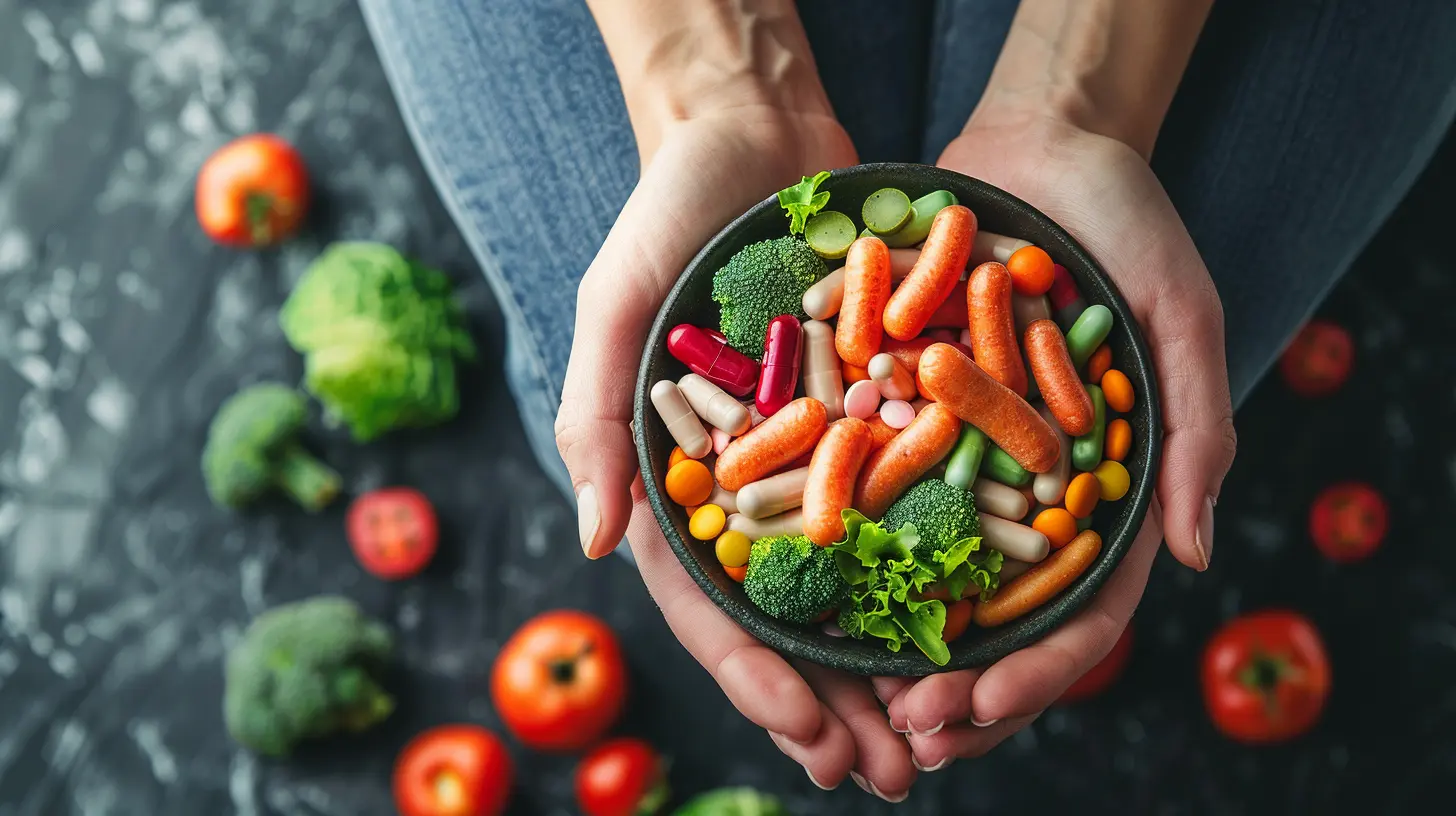
Prebiotics: The Unsung Heroes
What Are They Made Of?
Prebiotics are mostly forms of fiber or complex carbs that your body can’t digest—like inulin, fructooligosaccharides (FOS), and resistant starch. But guess who loves them? Your gut bacteria.Where to Find Them in Foods
Nature’s packed with prebiotic-rich sources. Try to add these to your shopping list:- Garlic
- Onions
- Leeks
- Bananas (especially when they're slightly green)
- Asparagus
- Apples
- Oats
- Chicory root (a prebiotic powerhouse!)
These foods quietly fuel your gut flora without demanding the spotlight.
How Prebiotics and Probiotics Work Together
Remember when we said they were like a team? Here’s how they tag-team for gut glory:- Probiotics do the heavy lifting—balancing bacteria, supporting immunity, improving digestion.
- Prebiotics keep probiotics well-fed and energized to do their job right.
The magic happens when both are consumed together. That’s called a synbiotic effect—where their combined power does more than either can achieve alone.
Signs Your Gut Might Be Out of Whack
So, how do you know if you need to step up your gut game? Watch for these red flags:- Constant bloating or gas
- Irregular bowel movements
- Fatigue, even when you're sleeping well
- Sugar cravings
- Skin breakouts
- Brain fog or mood swings
If your gut bacteria are unbalanced, your body starts waving warning flags. Don’t ignore them.
Best Foods Rich in Probiotics
Here’s a gut-friendly grocery list packed with tasty probiotic options:- Yogurt (with live cultures)
- Kefir (a fermented milk drink, like yogurt’s tangy cousin)
- Sauerkraut (raw, unpasteurized for full benefits)
- Kimchi (spicy fermented cabbage loaded with flavor and probiotics)
- Kombucha (fermented tea that’s fizzy and fun)
- Miso (fermented soy paste used in soups)
- Tempeh (fermented soy product with a nutty flavor)
Add a few of these into your daily routine and your gut microbes will throw a party.
Top Prebiotic-Rich Foods to Power Your Gut
Here are foods your gut bacteria drool over:- Green bananas
- Oats (especially steel-cut)
- Asparagus
- Jerusalem artichokes
- Legumes (chickpeas, beans, lentils)
- Apples (with skin on)
- Dandelion greens
Pro tip: Combine these with probiotic foods for double the benefits. For example, try oats topped with yogurt and banana. Boom—gut gold.
Supplements: Are They Worth It?
Okay, so food is ideal. But let’s face it, most of us aren’t eating raw onions and fermented cabbage every day.That’s where supplements can help.
Probiotic Supplements
Look for:- Multiple strains (diversity = strength)
- High CFU count (colony-forming units)—ideally above 10 billion
- Time-release capsules (so the bacteria survive the trip to your gut)
- Third-party tested brands
Prebiotic Supplements
You’ll find these often in powder or capsule form. They usually contain:- Inulin
- FOS
- Acacia fiber
- Resistant starch
Combine them with your probiotics for best results. But always start small—your gut needs time to adjust.
When’s the Best Time to Take Them?
Probiotics usually work best on an empty stomach—around 30 minutes before meals or first thing in the morning.Prebiotics? They’re less picky. Just be consistent and listen to your body. If you dive in too fast, you might feel a bit gassy or bloated at first. Totally normal—it’s your gut adjusting.
How Long Does It Take to Feel a Difference?
It depends—but many people notice improvements within a few days to a couple of weeks.You might experience:
- Easier digestion
- Better bowel movements
- Less bloating
- Fewer sugar cravings
- Clearer skin
- Improved mood
Stick with it. Gut healing is a marathon, not a sprint.
What to Watch Out For
Not all probiotics are created equal. Here's what to avoid:- Products with tons of added sugar (looking at you, sweetened yogurt)
- Low-CFU counts (<1 billion = pretty useless)
- Shelf-stable probiotics not stored properly
- Prebiotics that cause uncomfortable bloating—start slow and build up
Also, some folks with conditions like SIBO or IBS might need tailored gut support. Talk to your doctor or a gut-health-savvy nutritionist.
Building Gut Health Into Your Daily Routine
Let’s be real—gut health isn’t about popping a magic pill. It’s a lifestyle.Try these gut-loving habits:
- Eat a variety of fiber-rich, plant-based foods
- Stay hydrated
- Ditch processed foods and excess sugar
- Get enough sleep (your gut regenerates at night!)
- Manage stress (remember, your gut is your second brain)
- Move your body—exercise stimulates digestion and gut movement
Little changes, big impact.
Final Thoughts: Your Gut Is Smarter Than You Think
Treat your gut like a garden. Nurture it. Feed it. Protect it. And it’ll flourish.Prebiotics and probiotics are your secret weapons to build a rock-solid foundation for not just better digestion, but better everything—mood, skin, immunity, and beyond.
So go ahead—eat the kimchi, toss those oats in your smoothie, and show your gut some love. Your whole body will thank you.
all images in this post were generated using AI tools
Category:
Gut HealthAuthor:

Jackson Mahoney
Discussion
rate this article
1 comments
Viviana Reed
Great article! Understanding prebiotics and probiotics is essential for gut health. Your insights on incorporating them into our diets are super helpful. It's amazing how small dietary changes can lead to significant improvements in overall well-being. Keep up the fantastic work!
July 7, 2025 at 4:26 AM

Jackson Mahoney
Thank you for your kind words! I'm glad you found the article helpful—small changes can indeed make a big difference!

